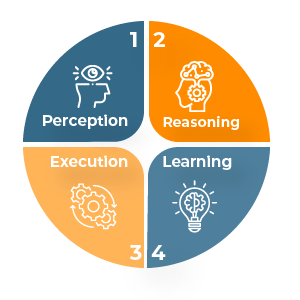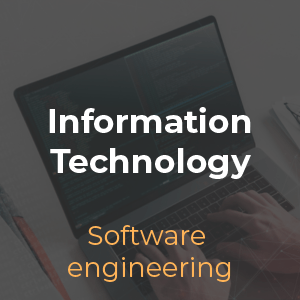Artificial intelligence is evolving at a rapid pace. In recent weeks, the launch of DeepSeek has shaken up the industry, positioning itself as a strong contender against the U.S. giant OpenAI. Now, a new paradigm is emerging within the sector: Agentic AI
Agentic AI has the ability to make autonomous decisions and carry out complex actions, introducing a whole new landscape. According to a recent McKinsey study, by 2030, Agentic AI could automate up to 30% of working hours across various industries.

What is Agentic AI?
Models like Gemini and ChatGPT, known as Large Language Models (LLMs), process and interpret vast amounts of data to generate the most probable sequence of words or elements as a response. However, this approach comes with limitations, such as potential lack of flexibility or contextual understanding.
Agentic AI, on the other hand, represents a new paradigm that goes a step further. Instead of merely interpreting and responding to prompts, it can autonomously make decisions and execute complex actions. This marks a shift from passive response generation to actively managing complex tasks. Agentic AI can plan workflows, learn from experiences, and achieve specific objectives without the need for constant human intervention.
¿Cómo funciona?

Agentic AI operates through a sophisticated four-stage process that sets it apart from traditional Generative AI systems:
- Perception: The system gathers data from multiple sources, ranging from sensors to digital interfaces.
- Reasoning: An LLM acts as an orchestrator, processing information and generating action strategies.
- Execution: The system carries out planned tasks by integrating with external tools and APIs.
- Learning: Through a continuous feedback loop, the system refines its responses and strategies based on the outcomes achieved

What are its benefits?
- Flexibility and Precision: One of the key reasons Agentic AI is a breakthrough is its nuanced, context-dependent understanding, allowing for much greater adaptability compared to traditional LLMs.
- Real-Time Interaction: It can engage with real-time data and external environments, actively gathering new information from external tools.
- Autonomy: It operates independently, performing specific tasks without the need for constant human supervision.
- Enhanced User Experience: Users don’t need technical knowledge to interact with complex systems. Instead, it leverages natural and intuitive language to improve user experience and productivity.




Telecom/Customer Service: Enhances self-service capabilities and automates routine communications.
Marketing/Content Creation: Can save marketers an average of three hours per piece of content, allowing them to focus on strategy and innovation.
Information Technology/Software Engineering: Automating repetitive coding tasks boosts productivity.
Healthcare/Administrative Management: Extracts insights to analyze large volumes of medical data, supporting better-informed care decisions. Automating administrative tasks and capturing clinical notes during patient appointments reduces workload and optimizes processes.
Agentic AI takes automation a step further, transforming how businesses operate—from streamlining processes to enabling autonomous decision-making. Its ability to integrate multiple data sources, continuously learn, and execute actions independently makes it a key technology for Industry 4.0.
Organizations that adopt Agentic AI will not only enhance their operational efficiency and productivity but also offer more personalized services and adapt more effectively to market demands.
If you want to learn more about how AI can improve your brand’s processes, you can book a free smart session and be better prepared for this new landscape.




